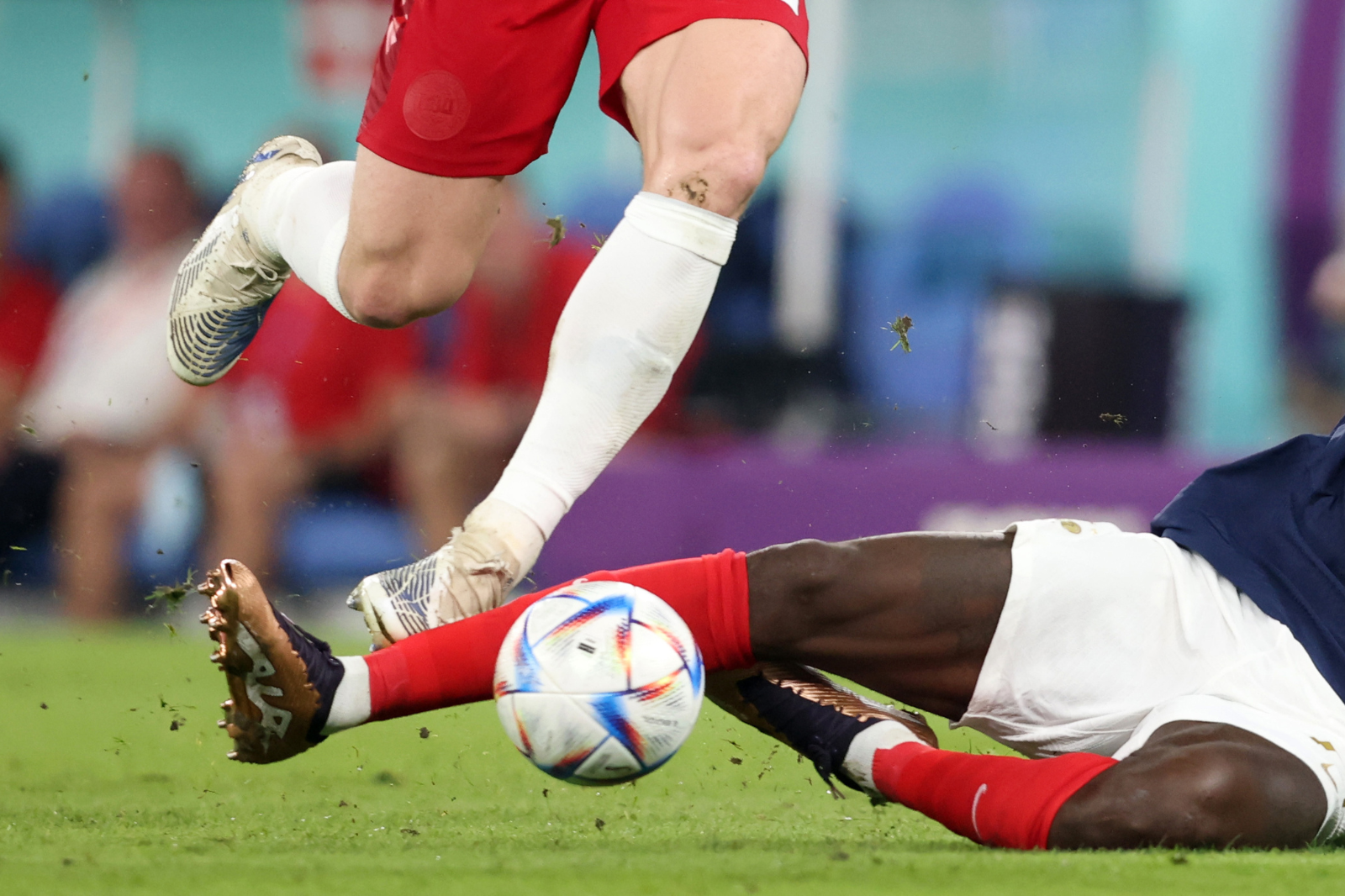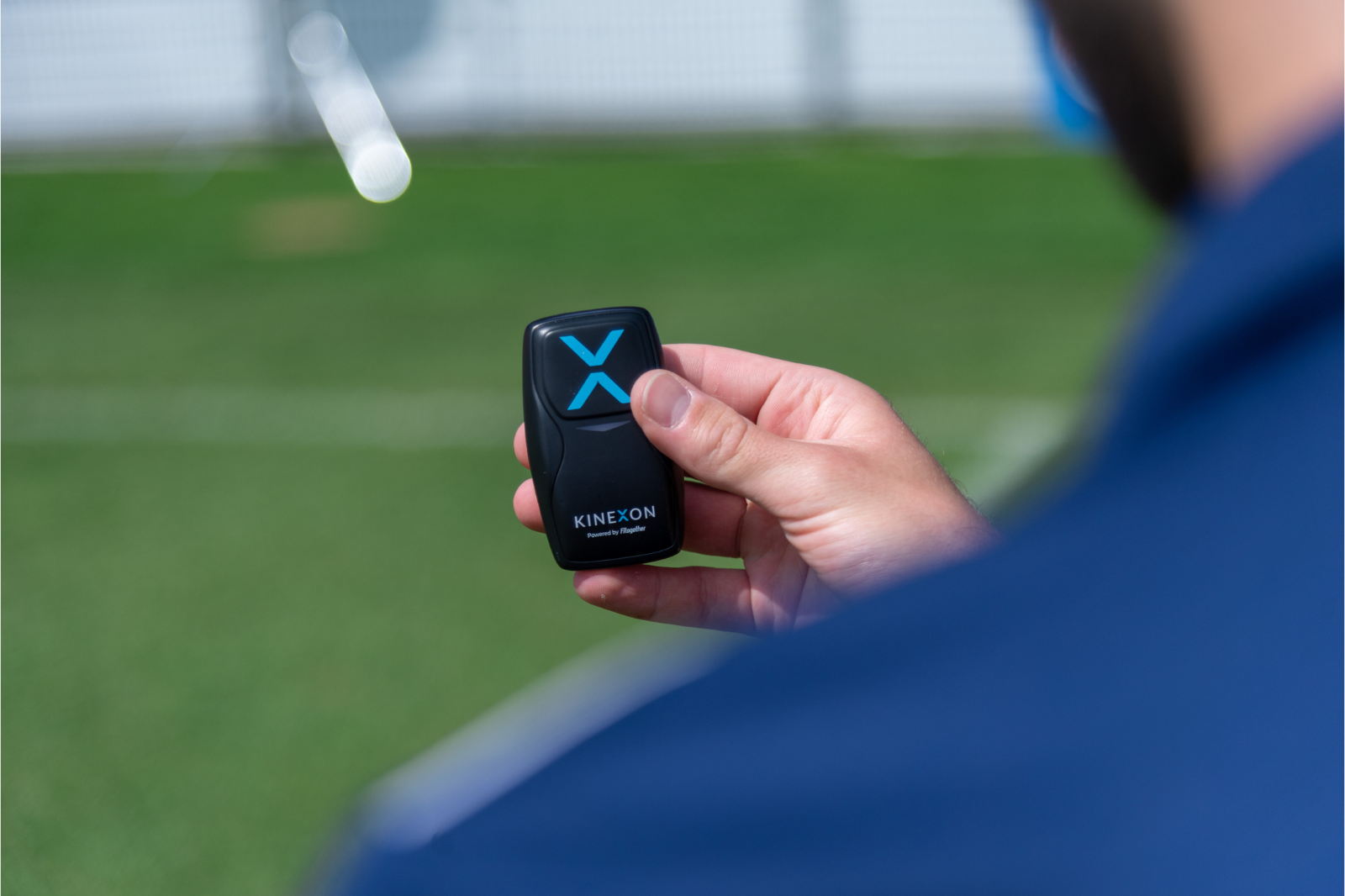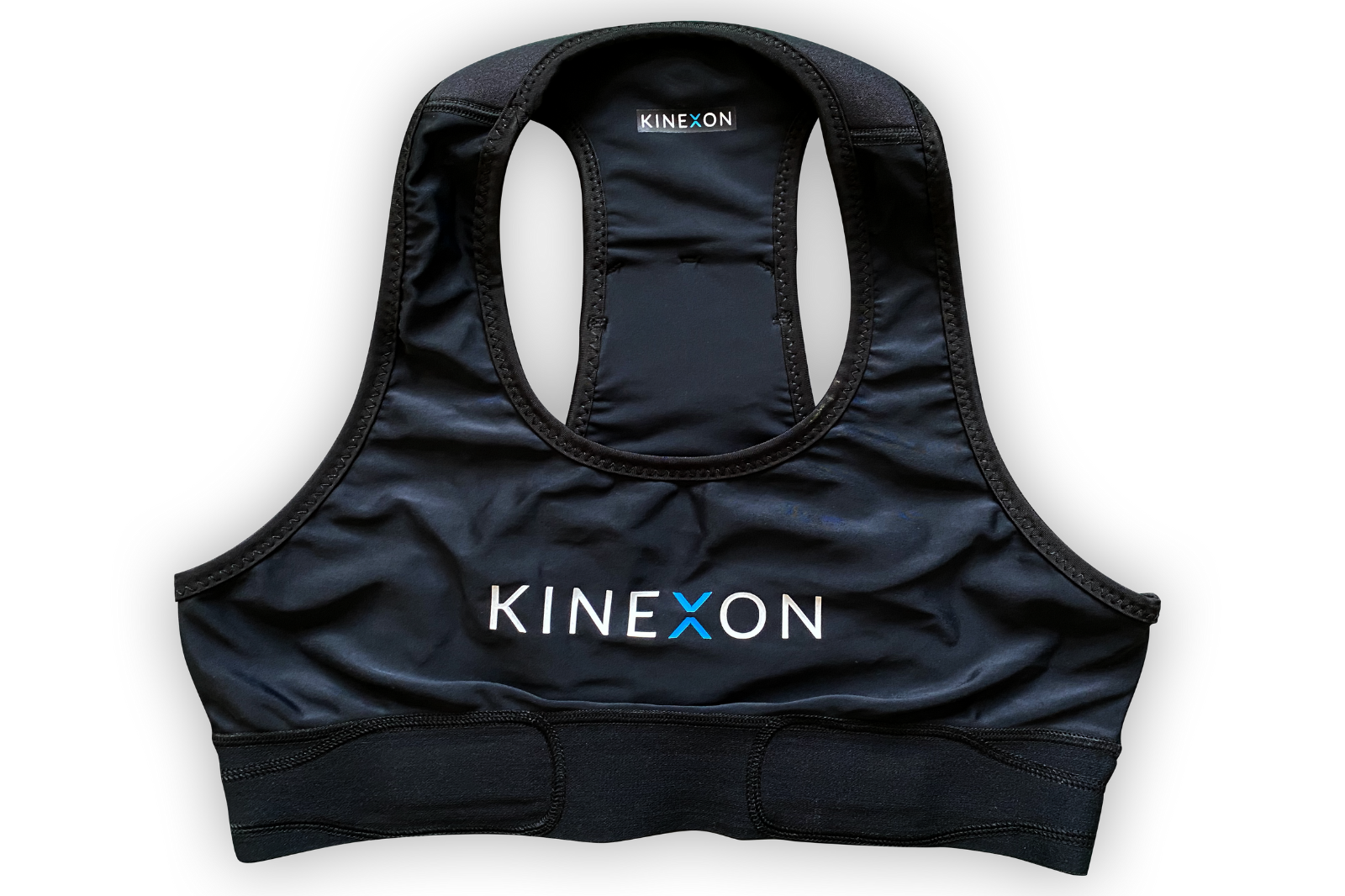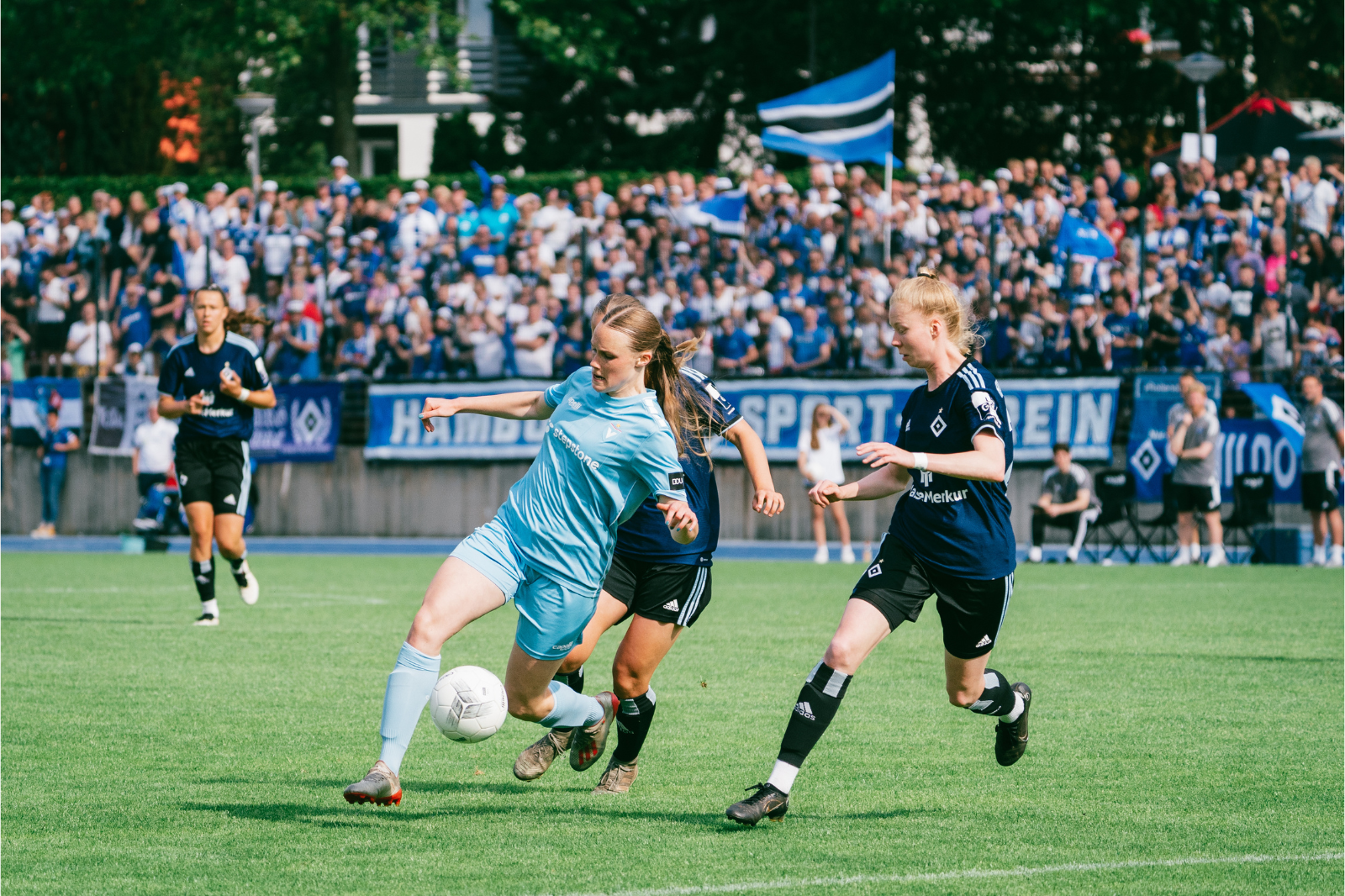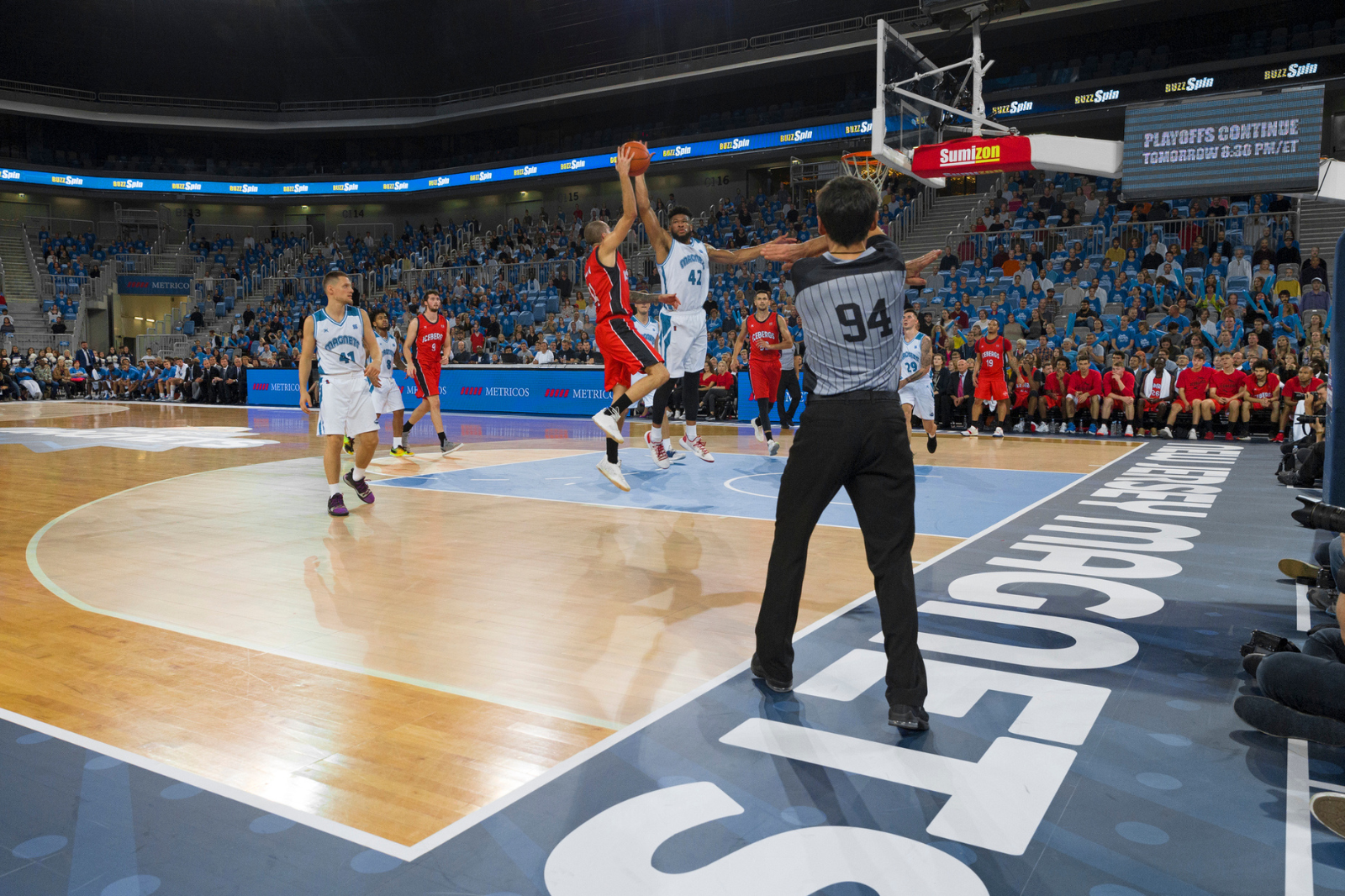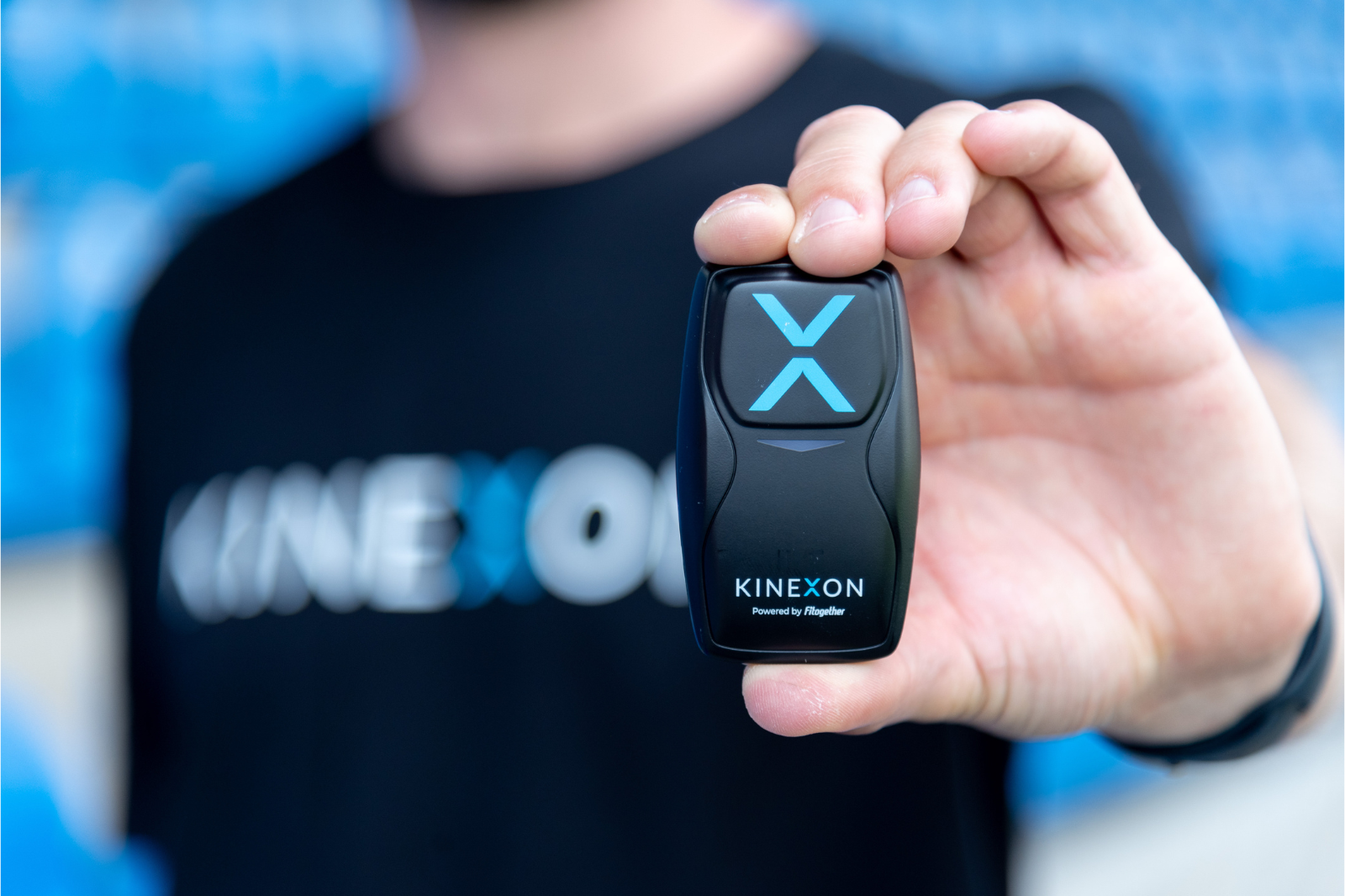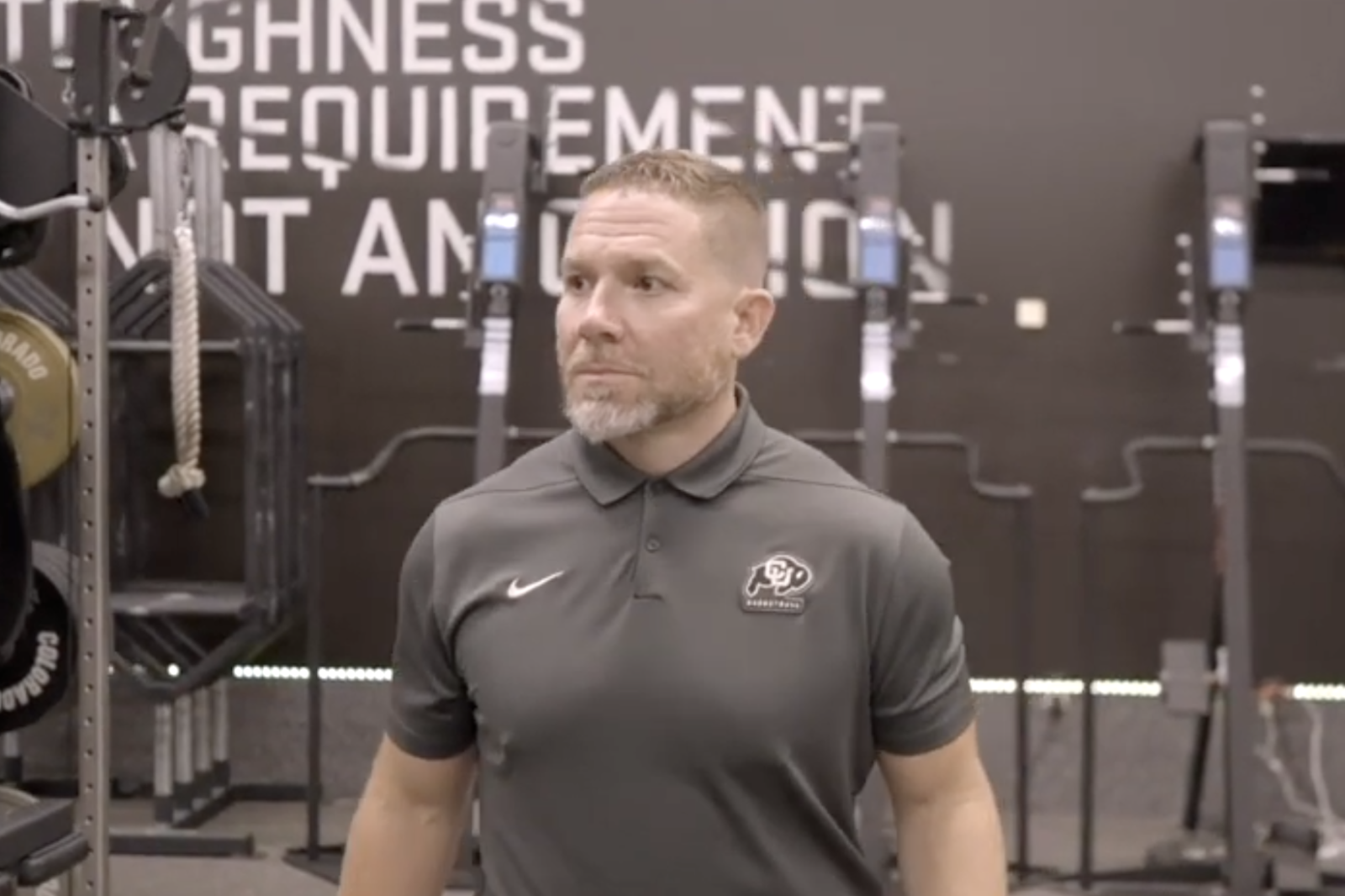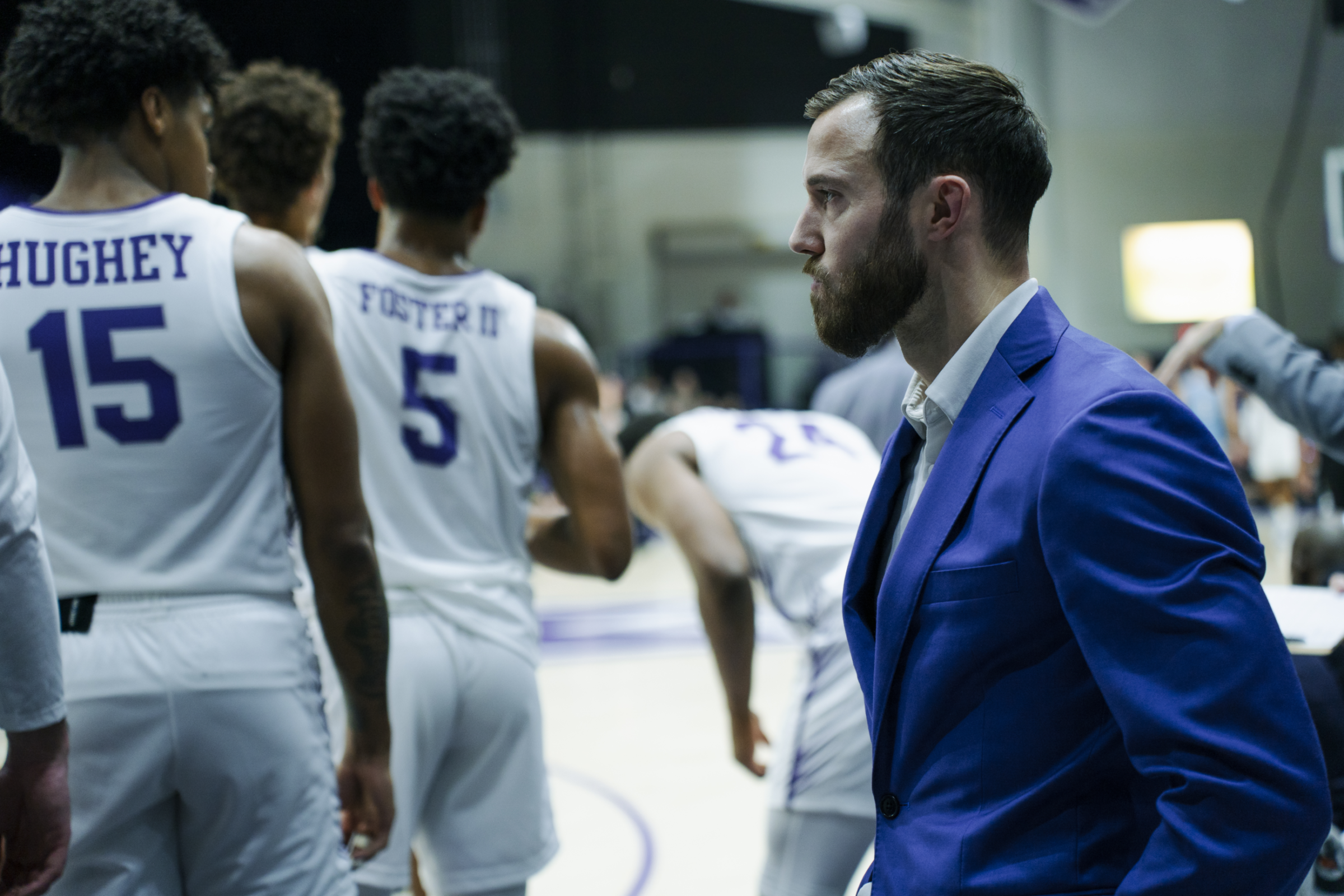How Sports Analytics Help Coaches Improve Player Performance
Author: Jeff Dillman
A coach’s success can be defined by recruiting classes, winning streaks, and championships. The root of all three common denominators is based on player performance on and off the field.
KINEXON’s Director of Sales, Jeff Dillman, is a strength and conditioning veteran with over 25 years of experience. Many people simply call him “Coach” from his time roaming the sidelines with the University of South Carolina football program and IMG Academy. He always finds the right levers to pull for athletes to reach peak performance levels leading up to game day, which is crucial for success.
So, we asked Coach for his thoughts on how technology is innovating the game of American Football.
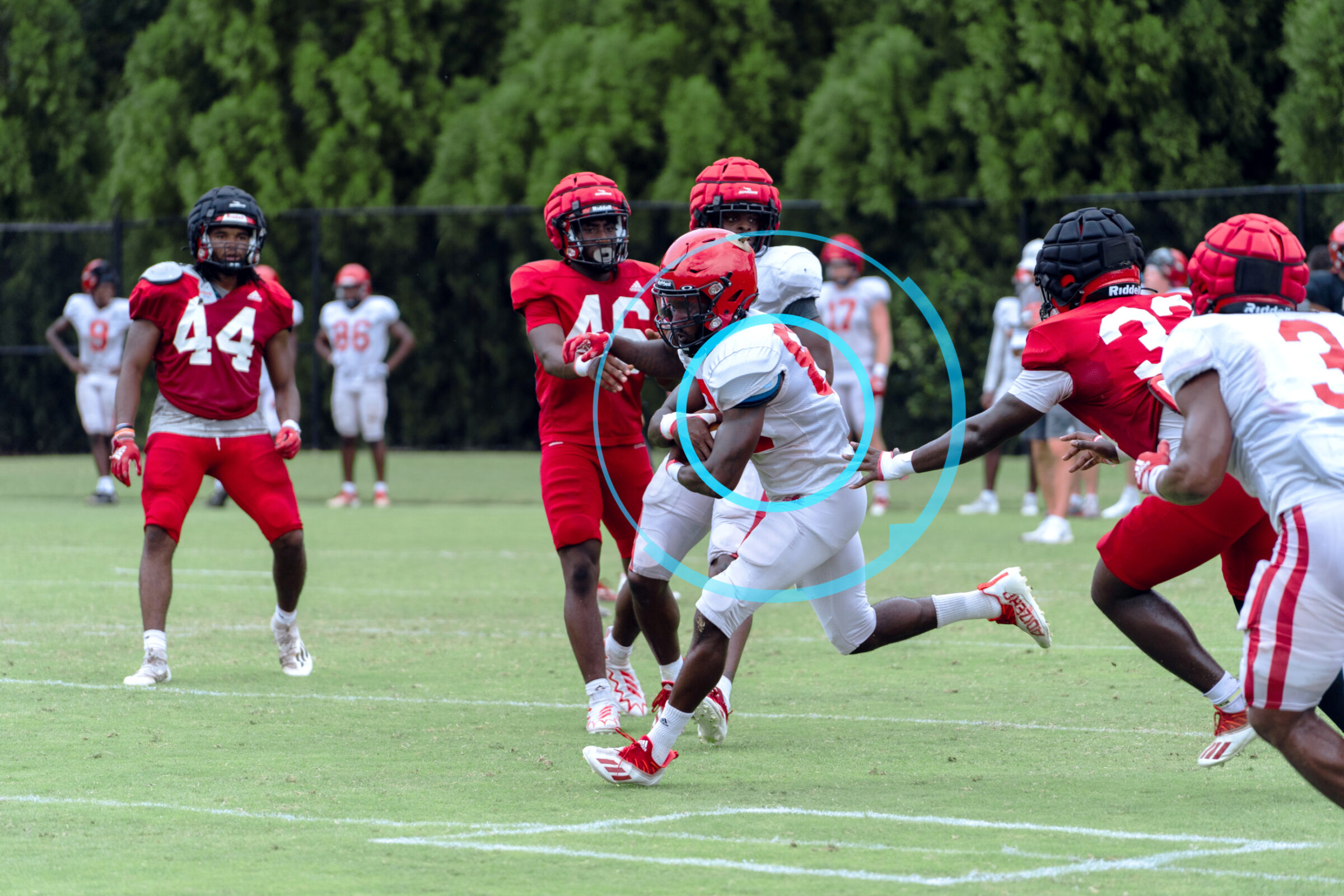
Key Takeaways:
- Sports technology is not here to replace measurements for effort, toughness, or discipline; it is about optimizing efficiency.
- Concentrate on establishing a foundation of 3 – 5 metrics to establish a foundation for training sessions and expand sports performance analysis as needed.
- “Do Simple Better” and allow player performance technology to guide coaching decisions.
How Have Coaching Strategies Changed With The Integration of Player Tracking?

Coach Dillman says, that as coaching methods continue to evolve, sports performance software can be positioned as an extension of a coaching staff. It’s there to help athletes perform at their full potential when the game is on the line.
It’s becoming more common for coaches to study and incorporate athlete performance technology (or player tracking) into their practice and game assessments. Even if a coach has a successful winning percentage, they are constantly seeking ways to get better.
PERFORM GPS Pro is a football tracker that offers insight into player performance. It helps to expose where they might fall short or areas with growth opportunities to push their limits. Whether you want to look at position players or individual athletes, the real-time and post-session data allows coaches to adjust training sessions to maximize performance leading up to game day.
What Does It Mean To Let Player Performance Metrics Guide Coaching Decisions?
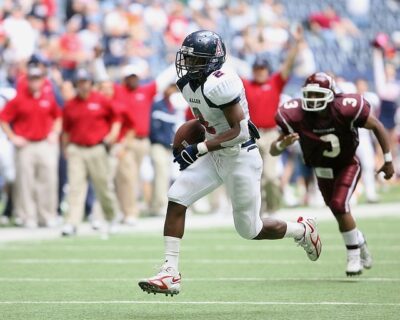
It’s crucial to understand that technology isn’t here to replace measurements for effort, toughness or discipline; it’s about optimizing efficiency. This is often misunderstood.
Using a player tracking system like PERFORM GPS Pro can help guide your decisions during practice sessions. You can enhance training outcomes and streamline performance evaluations. Leveraging technology intelligently and understanding the importance of optimal stress and recovery can maximize training efficiency and help athletes achieve their full potential.
Coaches often find themselves in survival mode during practice, but there is a more practical approach. The goal is to change the intent or intensity throughout the session with the guidance of live and post-session data. Sustained high-intensity levels can lead to players occasionally taking plays off or experiencing fatigue.
By incorporating player performance data into training sessions, coaches will better understand each player’s performance levels leading up to game day.

It’s about balancing the demands of practice rather than overdoing it in practice. We’re able to draw a blueprint and monitor the intensities of individual periods in practice so we can educate the coaches on how they should structure their practices to manage loads. Using sports analytics is not about driving the coaches with the data; it’s to help guide coaching decisions.
How Can Player Tracking Help With Training and Recovery Periods?
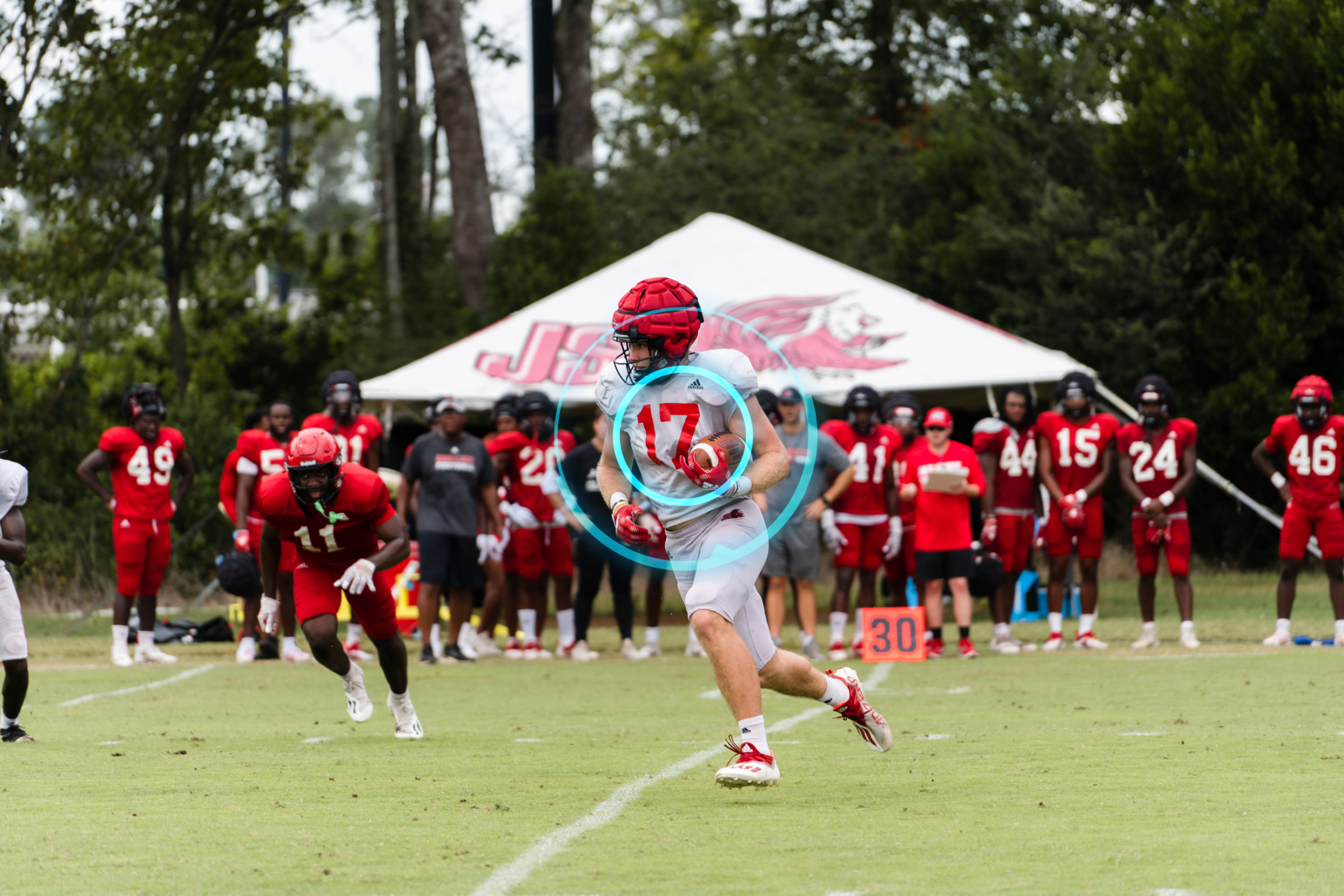
For football coaches, athlete performance coaches, or strength & conditioning coaches, we understand the importance of tracking player performance. However, with the abundance of GPS-based technology and tracking solutions available, adopting a focused and efficient approach is crucial. That’s where player tracking comes in.
What Does It Mean to Embrace “Do Simple Better”?
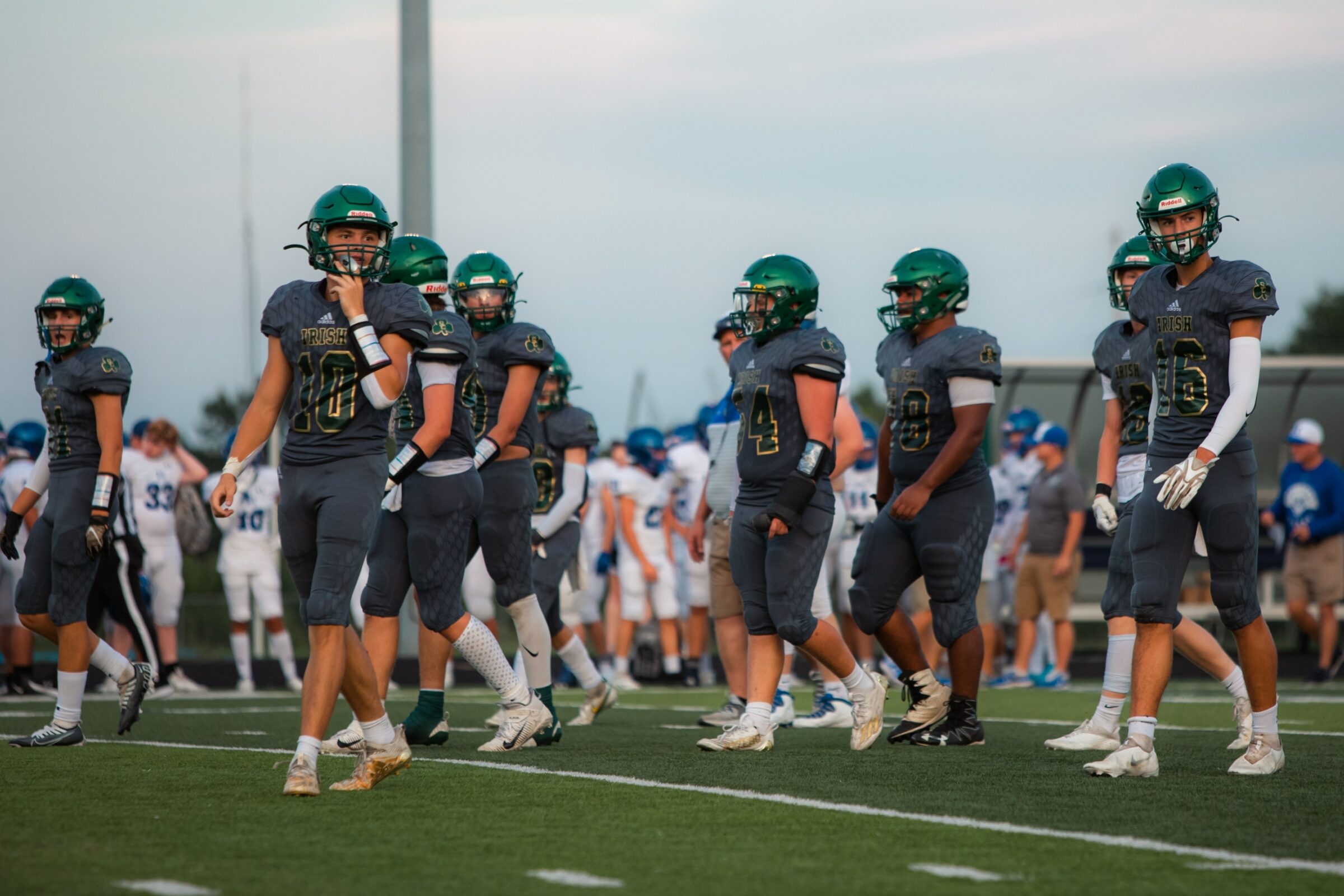
Instead of overloading yourself with 50+ live metrics from the jump, concentrate on 3 – 5 to establish a foundation. You can gain a more precise and actionable understanding of each player’s capabilities by simplifying your focus.
These foundational metrics provide a benchmark to measure progress and identify areas for improvement. Ensure these metrics align with the specific requirements for each position, encompassing aspects such as Mechanical Load, Acceleration and Deceleration Load.
How Do Sports Analytics Provide a Comprehensive Performance Assessment?
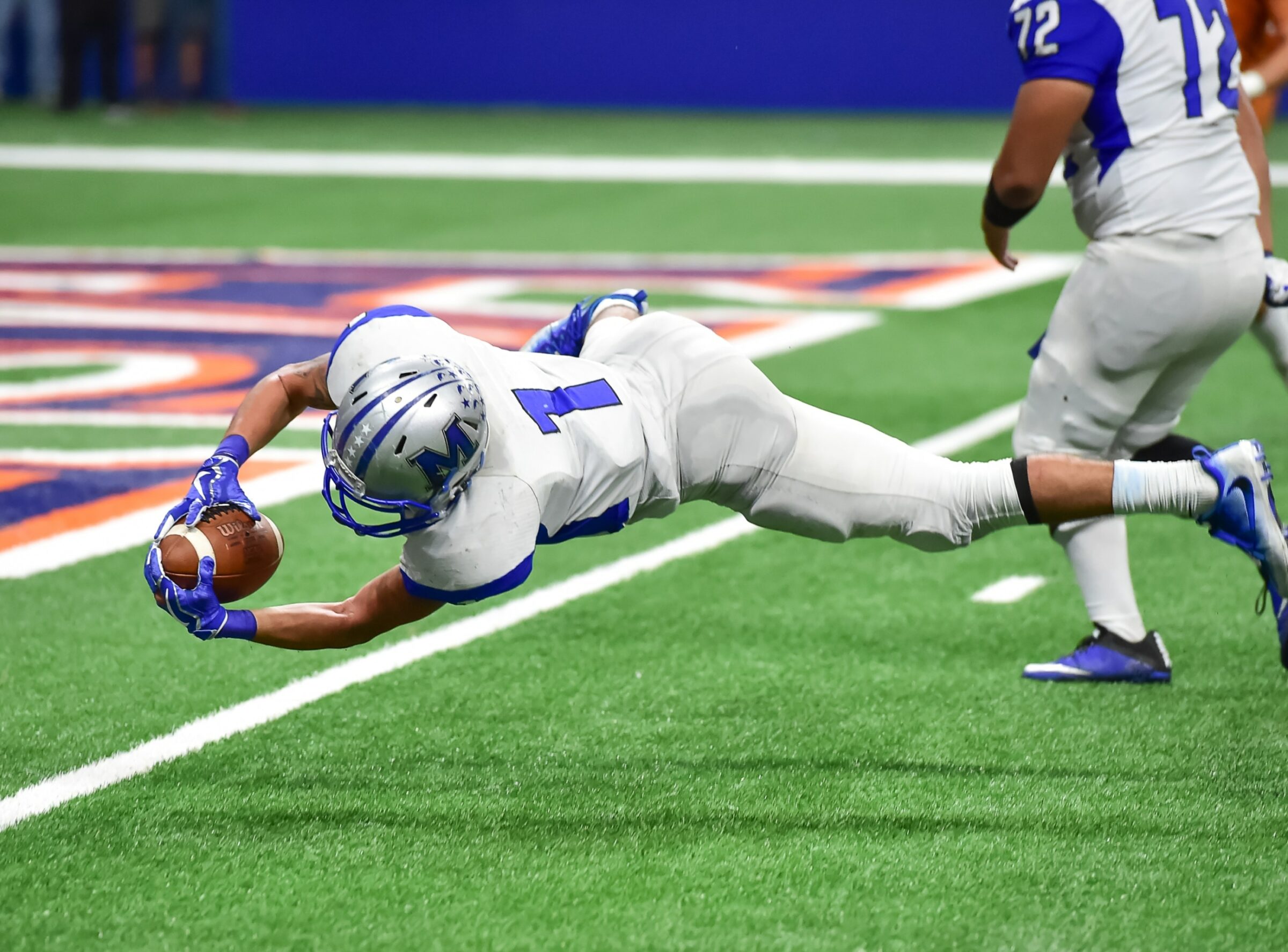
As you build upon the baseline of metrics, gradually incorporate additional metrics to gain a more comprehensive understanding of player performance during practice and game situations.
This holistic approach enables you to identify strengths, weaknesses and patterns that can inform targeted training emphasis.
How Can Coaches Balance Demand and Preparedness?

Consider a player’s load during practice or training sessions during the week to prepare athletes for peak performance on game day. Strive to meet the demands players will face within the game.
However, it’s crucial to strike a balance for training. Incorporating data visuals can help avoid excessive training that may lead to fatigue or injury.
Why Should Recovery Periods Be Mandatory?

Creating a challenging environment during practice is essential. Avoid consecutive high-rated perceived exertion (RPE) sessions. Pushing athletes excessively without allowing sufficient recovery can lead to burnout and potential injuries.
It’s vital to strike a balance and prevent debilitating levels of intensity or stress. This can be achieved with the right amount of high-low intensity training analysis to maximize performance on game day.
Where Will PERFORM GPS Pro Impact American Football The Most?
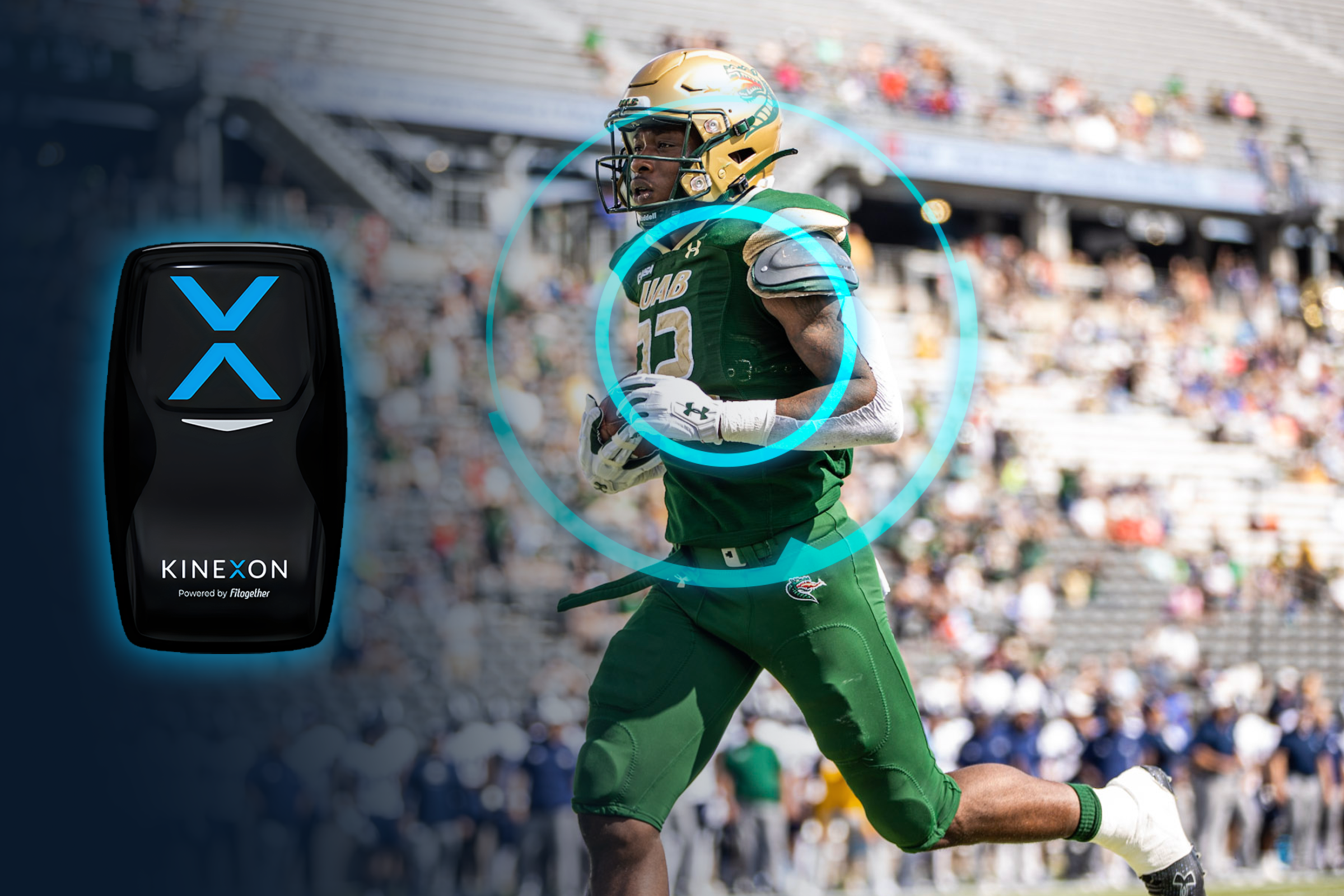
Technology will continue influencing the game as more solutions provide in-depth player performance analysis. Whether you are training at your practice facility or playing a road game across the country, PERFORM GPS Pro delivers the player analysis coaches will benefit from to make quick and efficient personnel decisions.
Our sports scientists and customer success experts do a great job tailoring customized reports to maximize performance, but more importantly, maintaining a constant loop of communication with coaches to understand data outputs and take action.
Interested in learning more about GPS-based player tracking solutions?
